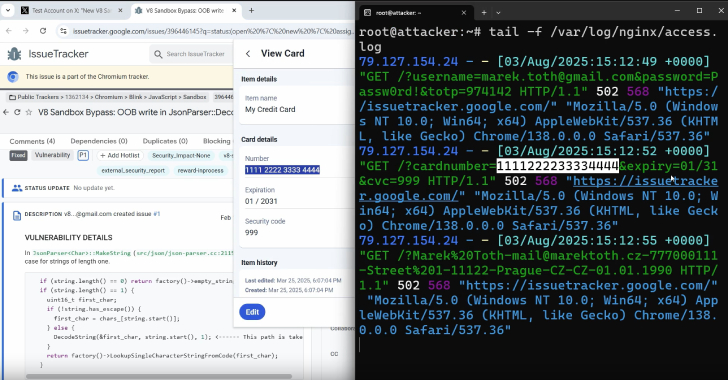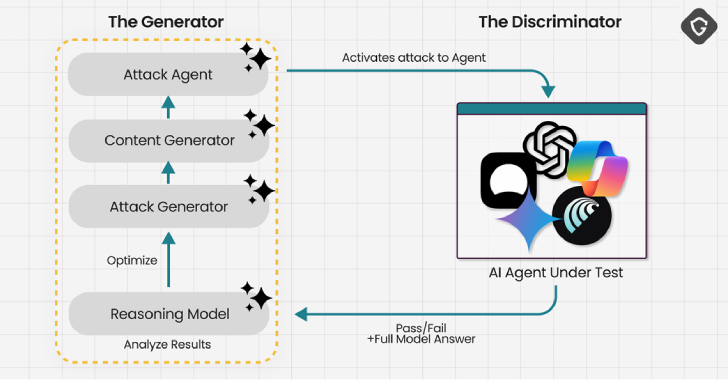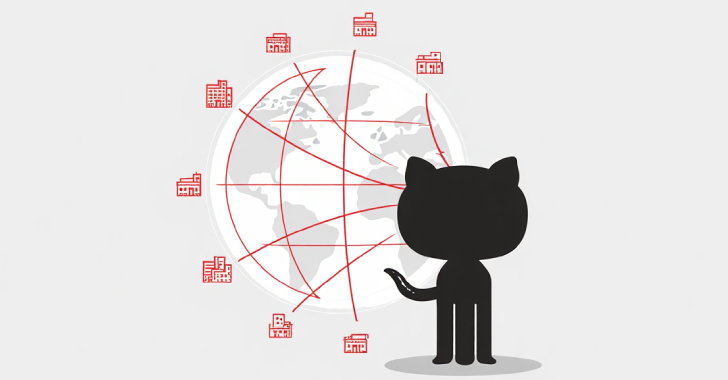Apple Patches CVE-2025-43300 Zero-Day in iOS, iPadOS, and macOS Exploited in Targeted Attacks
Apple has released security updates to address a security flaw impacting iOS, iPadOS, and macOS that it said has come under active exploitation in the wild. The zero-day out-of-bounds write vulnerability, tracked as CVE-2025-43300, resides in the ImageIO framework that could result in memory corruption when processing a malicious image. “Apple is aware of a…
Read more










